Aug 26, 2025 1:53 PM
Blindfold Test: Buster Williams
Buster Williams, who at the age of 83 has been on the scene for 65 years, had never done a Blindfold Test. The first…
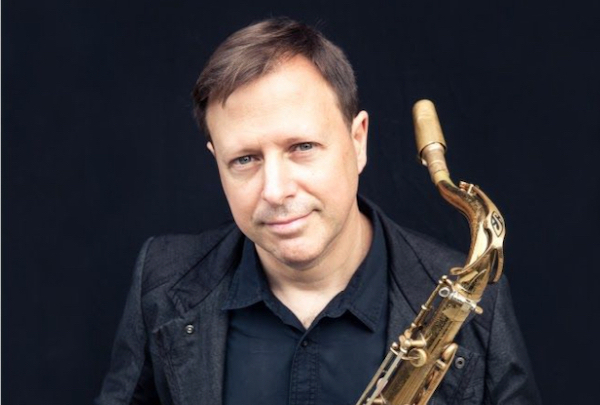
While recording There Is A Tide, Chris Potter was able to focus on thinking like a producer.
(Photo: Bill Douthart)So, it was an enormous learning experience for me. I’ve always played different instruments and felt that I learned a lot, even about how to approach the saxophone from my use of other instruments—like knowing what it feels like to play the drum part. I definitely work on piano a lot. But getting to where I felt like I could communicate something at the level I wanted to, it took a lot of work—and a very careful use of what my skill set is, and not going beyond it.
I found a quote by trumpeter Red Rodney, who you played with when you first got to New York, where he was complimentary of your piano skills. But was there something that you were reticent to record for the album?
Piano is definitely [what] I have the most experience with, besides saxophone.
You initially wrote everything on bass, though?
I started it on the bass, yeah. I kind of just came up with some bass lines and wrote it. So, that was a restriction I put on myself. It was just what I heard that I wanted the record to be. I was like, “OK, it’s going to be based in the groove.” Some of that is because of the nature of the technology: It’s really, really helpful to have a track that you can play to. Instruments are coming in and out, so how do you know how much time goes by? It’s just much easier if everything is in a tempo, which is a restriction. Sometimes, things might be fairly amorphous, but that’s a lot harder to do, if you’re trying to catch every little move you made on the last pass and match it.
There was a self-chosen restriction that I wanted everything to be either in 4/4 or 3/4.
Was that just for ease of use?
There are different kinds of complexity; to make an artwork with any depth requires some complexity. But I had the feeling that in that moment in time, I didn’t really want to hear the most difficult, challenging music. I wanted to hear something that would make me feel good.
It’s sometimes hard to derive meaning from instrumental music, but in addition to the album’s name, a few of the song titles reference water. How intentional was that?
The names of the tunes and the feelings that I got from the tunes kind of came after I’d started to make them—they kind of appear on their own. The names, I just [used] the first phrase that came to my head that kind of fit the melody of a song. And as I got into it, there was some kind of theme emerging—like water. So, I went with that.
It was kind of the same as the whole process—and it’s how I like to make music, anyway. The magic of making music with other people and improvising with other people is that whatever story you had in mind is going to be changed by their reactions. You never end up with what it is you thought you had, because it gets changed in the process. But for me, that’s the magic.
That’s kind of how the titles appeared, and kind of how the music itself evolved: I’d add one layer of music and then realize, “Oh, I wasn’t thinking of it, but now that I hear it, it needs this instrument to play this other kind of part.” And then that might set me on another path, and it might be that I didn’t even use the underlying thing that I’d first recorded.
There was a whole process of recording in this way that was kind of akin to improvisation, that was akin to not really having too well-formed of a plan ahead of time, but just kind of reacting to what I heard and adding something on top of that to keep it evolving. The meaning of it is like that.
You mentioned the fact that instrumental music, the meaning of it might not be apparent just from hearing it. There is something nice about having a title that does encapsulate some of that. If A Love Supreme wasn’t called A Love Supreme, it might not point you in the same direction. I think you would still get those feelings from the music, but it might not be quite so obvious. On the other hand, the great thing about music that doesn’t have any words is that it is very, very open for interpretation, and whatever it means to you is what it means.
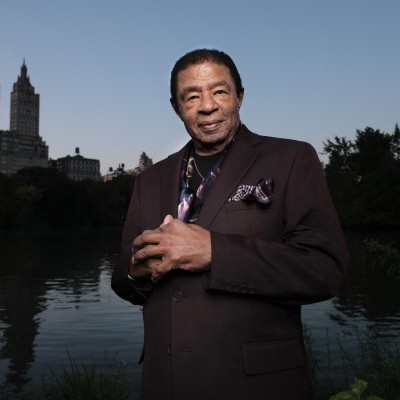
“What I got from Percy was the dignity of playing the bass,” Buster Williams said of Percy Heath.
Aug 26, 2025 1:53 PM
Buster Williams, who at the age of 83 has been on the scene for 65 years, had never done a Blindfold Test. The first…
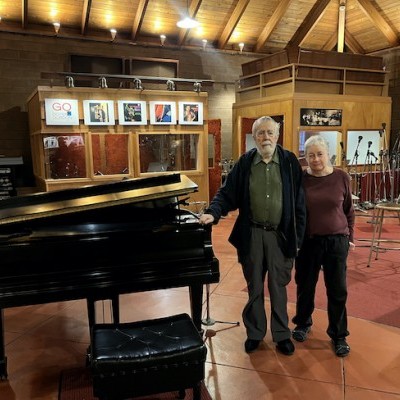
Don and Maureen Sickler serve as the keepers of engineer Rudy Van Gelder’s flame at Van Gelder Studio, perhaps the most famous recording studio in jazz history.
Sep 3, 2025 12:02 PM
On the last Sunday of 2024, in the control room of Van Gelder Studio, Don and Maureen Sickler, co-owners since Rudy Van…
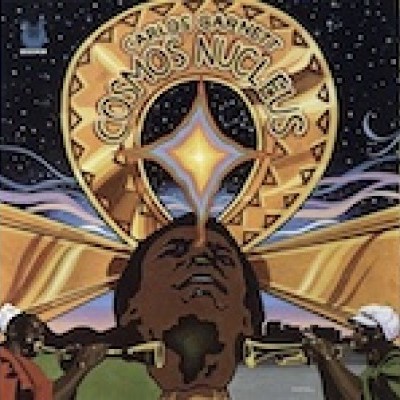
The Free Slave, Cosmos Nucleus and Sunset To Dawn: three classic Muse albums being reissued this fall by Timer Traveler Recordings.
Aug 26, 2025 1:32 PM
Record producer and “Jazz Detective” Zev Feldman has launched his next endeavor, the archival label Time Traveler…
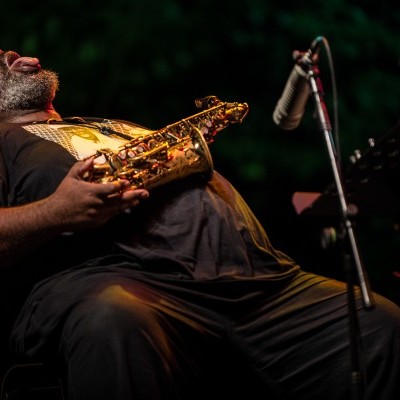
This year’s Jazz em Agosto set by the Darius Jones Trio captured the titular alto saxophonist at his most ferocious.
Aug 26, 2025 1:31 PM
The organizers of Lisbon, Portugal’s Jazz em Agosto Festival assume its audience is thoughtful and independent. Over…
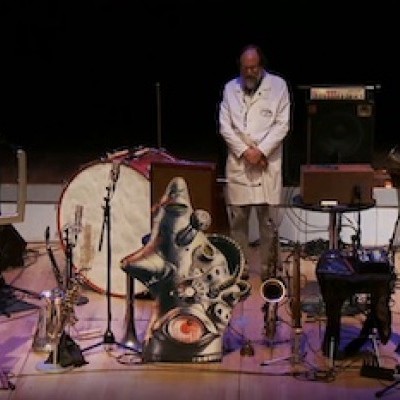
Trio aRT with its avalanche of instrumentation: from left, Pheeroan akLaff, Scott Robinson and Julian Thayer.
Sep 3, 2025 12:03 PM
Trio aRT, a working unit since 1988, shockingly released its very first studio recording this summer. Recorded in…